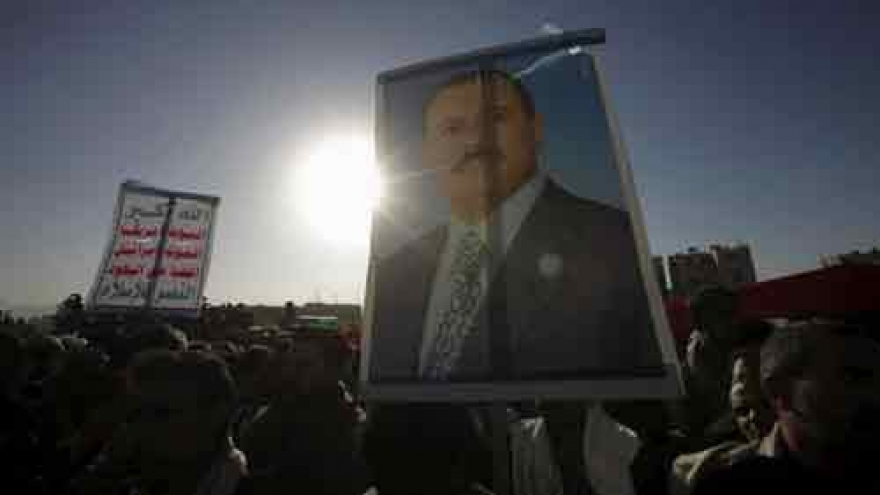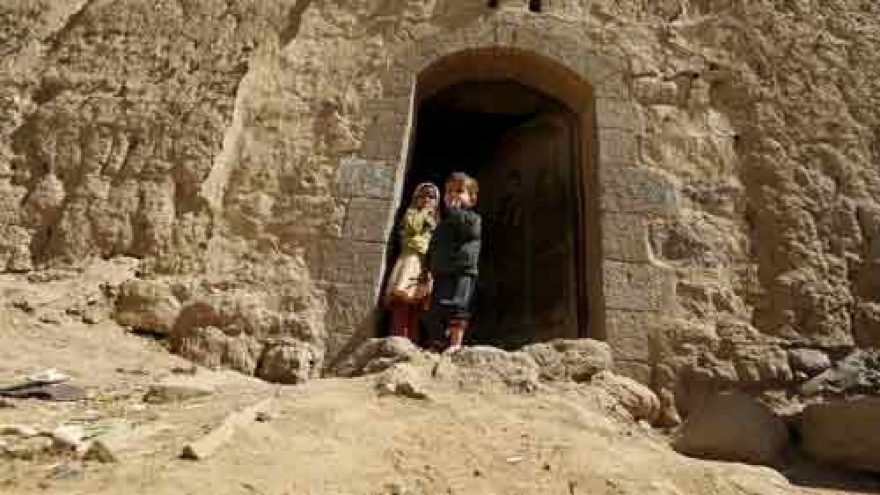Fragile peace prospects in Yemen
VOV.VN - Yemen’s government has announced it will halt peace negotiations with Houthi rebels in protest of their occupation of Al Amalica military base and continued violation of a ceasefire.
 |
Sporadic clashes and threats from Al Qaeda have made peace prospects in Yemen very fragile.
On May 3, Yemen’s Foreign Minister Abul-Malik Mekhlafi said peace negotiations will be halted until a ceasefire is honored and Houthi rebels withdraw from Al Amalica military base.
The Yemeni government has called on the United Nations, Kuwait, and other Gulf countries to support Yemen’s peace process by pressuring rebel forces to abide by the conditions of peace talks.
A UN-mediated ceasefire between government forces and Shiite-Houthi rebels took effect on April 10.
It has been the 4th ceasefire in Yemen since March, 2015, when The Saudi-led coalition began airstrikes to support internationally-recognized President Abdu-Rabby Mansour Hadi.
Three previous truces failed when negotiations collapsed conflicting parties failed to reach a political solution.
Yemen fell into a spiral of violence in September, 2014, when Houthi rebels occupied the capital Sanaa, forcing President Mansour Hadi to flee Yemen.
The conflict quickly turned into a civil war between pro-government forces and the Houthi, who are supported by soldiers loyal to former President Ali Abdullah Saleh.
Clashes have killed more than 6,200 people, half of them civilians, and made 2.4 million people homeless.
Taking advantage of chaos in Yemen, the Al Qaeda network on the Arab peninsula has expended its influence there, threatening security in the southern port city of Aden and adjacent provinces.
Al Qaeda and IS have taken a number of important positions in and around Aden, the temporary headquarters of President Hadi. IS forces have attacked both Houthi rebels and pro-government forces.
This is also one of the biggest challenges faced by the Saudi-led coalition. Coalition members: the United Arab Emirates, Sudan, and Bahrain have sent thousands of troops to five Yemeni provinces to support and train local security forces.


